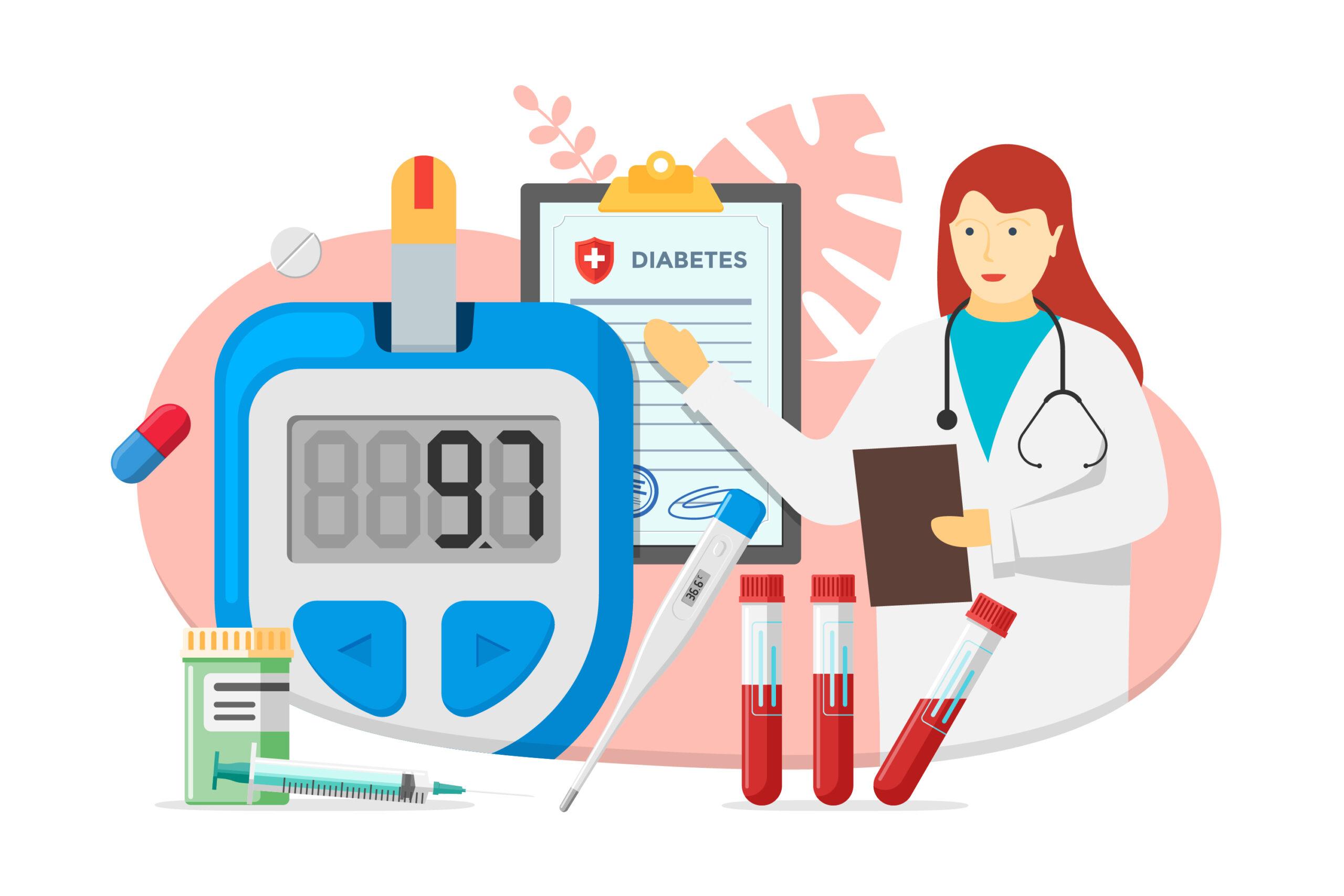Reduce your risk of diabetes and dementia
November 14 is World Diabetes Day and this year’s theme is “Know your risk. Know your response”.

Diabetes is the fastest growing chronic condition in Australia. Research shows that having Type 2 diabetes increases your risk of developing dementia. The risk of developing dementia in the general population is around 10%, for people with Type 2 diabetes, the risk increases to around 20%.
People most at risk of developing Type 2 diabetes include:
- people with a family history
- people aged 55+ (risk increases with age)
- people aged 45 + and overweight and/or high blood pressure
- people over 35 from an Aboriginal or Torres Strait Islander background; or from Pacific Island, Indian subcontinent or Chinese cultural background
- women who have given birth to a child over 4.5 kgs (9 lbs) or had gestational diabetes or Polycystic Ovarian Syndrome.
Knowing your risk of Type 2 diabetes can help to delay or prevent the condition. You can check if you are at risk of developing Type 2 via the Diabetes Australia Risk Calculator.
For more information about the risk factors for dementia, visit the page: Know the risk factors.
Reducing your risk
To reduce your risk of developing Type 2 diabetes (and dementia):
- Regularly check your blood sugar levels and follow treatment advice if diabetes or other problems are found.
- Engage in regular physical exercise
- Keep your cholesterol levels and blood pressure in the target range
- Maintain a healthy body weight by eating a well-balanced and healthy diet of foods low in saturated fat (avoid fatty, salty and sugary foods) and regular exercise
- Reduce alcohol consumption
- Stop smoking
As well as addressing the six points above, to reduce your risk of dementia you should:
- Spend time with others and be socially active
- Take care of your mental health and seek help if you feel depressed
- Engage in activities that challenge your brain, like puzzles or memory games
- Protect your hearing and address any hearing problems you may have.
For more information about improving brain health and reducing your risk of dementia visit the page: Reduce your risk.
Management of Type 2 diabetes
While there is currently no cure, Type 2 diabetes can be well managed through positive changes (including diet and exercise) and medication. For more information, visit the Diabetes Australia website.
Annual health assessments 40-49 years and 75+ years
People aged 45 to 49 years who are at risk of developing a chronic disease such as Type 2 diabetes and all people over 75 years can have comprehensive health assessments with their GP and practice nurse. These assessments are funded by Medicare and incur no out-of-pocket expenses.
Health assessments help determine your personal risk of developing chronic disease.
Depending on the outcome of these assessments, your GP can then put together a Chronic Disease Management plan. These plans provide up to five subsidised allied health visits every year. This can include visits to podiatrists, physiotherapists, occupational therapists, dieticians, exercise physiologists and more. Your GP will coordinate and liaise with your allied health practitioner to ensure you get the support you need to better manage or lessen the impact of unwanted symptoms.


